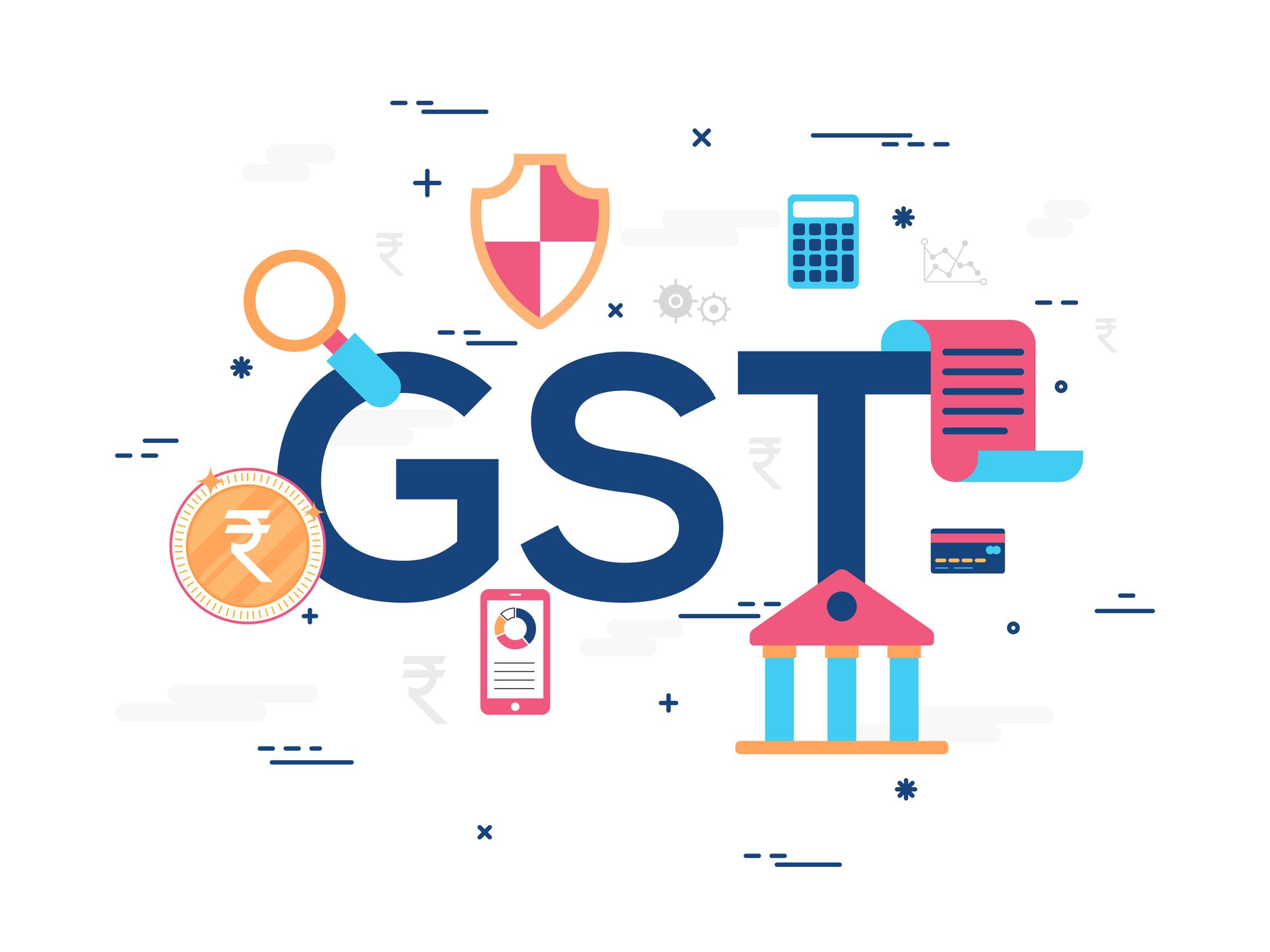Improving Your Singapore GST Registration: A Thorough Approach
Improving Your Singapore GST Registration: A Thorough Approach
Blog Article
The Ultimate Overview to Simplifying the GST Registration Refine and Needs for Small Company Owners

Recognizing GST Essentials
To grasp the principles of the Goods and Provider Tax (GST) system, tiny service owners need to first recognize its underlying principles and effects. Under the GST regime, services are required to sign up and collect tax on part of the government, making sure transparency and compliance.
One of the crucial concepts of GST is input tax obligation credit history, which enables services to assert credit rating for taxes paid on their purchases. Understanding these basic principles is essential for little company owners to navigate the complexities of the GST system and make sure conformity with the legislation.
Eligibility Requirements for Registration
Having developed a foundational understanding of GST concepts, local business proprietors should currently fulfill particular qualification criteria to wage the enrollment process. In India, entities took part in the supply of goods or services with a yearly accumulation turn over going beyond Rs. 40 lakhs (Rs. 10 lakhs for special group states) are required to sign up for GST. Furthermore, particular businesses such as those associated with inter-state supply of goods, informal taxed individuals, and those needed to pay tax obligation under the reverse charge device have to register for GST irrespective of their turn over. Organizations that were signed up under the previous tax regimen (VAT, service tax, and so on) are also mandated to sign up under GST. Nevertheless, agricultural companies that only provide generate out of main manufacturing are excluded from GST registration. It is crucial for local business owner to thoroughly analyze their eligibility based upon these requirements to make certain compliance with the regulation and prevent any penalties for non-compliance.
Records Needed for GST Enrollment

Simplified Registration Process Steps
Complying with the collection and verification of the requisite records, the enrollment procedure for GST can be browsed with a collection of streamlined steps made to promote reliable conformity for local business proprietors. The primary step includes checking out the GST website and selecting the 'New Registration' choice. Consequently, the applicant has to complete Part A of the GST REG-01 type with details such as frying pan, mobile number, and email address to acquire an OTP for verification. Once the OTP is gotten and entered, a Short-lived Recommendation Number (TRN) is generated for further procedures. The next step requires completing Component B of the kind with needed organization information, publishing sustaining documents, and completing the verification process utilizing DSC or EVC. Ultimately, upon successful verification, an Application Reference Number (ARN) is provided, indicating the conclusion of the GST registration process. By adhering to these streamlined steps, local business owners can efficiently register for GST and make sure compliance with tax guidelines.
Tips for Ensuring Compliance
To keep regulatory adherence and functional integrity, attentive oversight and positive Click This Link actions are critical in ensuring compliance with GST demands for local business proprietors. Local business proprietors have to remain updated with GST guidelines, submitting deadlines, and any kind of changes in tax prices to prevent fines and maintain an excellent standing with tax obligation authorities. One necessary tip for conformity is to keep in-depth and accurate documents of all deals, consisting of expenditures, receipts, and invoices connected to GST. On a regular basis fixing up financial records with GST returns can assist in identifying and remedying any kind of disparities quickly. Additionally, carrying out routine interior audits or seeking specialist aid can make sure that business is adhering to all GST regulations correctly. It is additionally essential for small service proprietors to invest in GST-compliant bookkeeping software program that can simplify the tax declaring process and lessen mistakes. Going to GST recognition workshops or training programs can boost understanding and compliance with GST policies, ultimately benefiting the service in the lengthy run.
Conclusion
Finally, small company proprietors should understand the fundamentals of GST, satisfy the eligibility criteria, gather essential documents, and comply with the streamlined registration procedure actions to make sure conformity. By simplifying the GST registration process and demands, small company owners can stay clear of charges and run their services efficiently within the legal structure - Singapore GST Registration. It is critical for small company proprietors to stay compliant and enlightened with GST regulations to maintain an effective business operation
Tiny organization owners seeking GST registration must guarantee they gather and send the essential papers to finish the registration process effectively. The files required for GST enrollment typically consist of evidence of company enrollment or unification, PAN (Irreversible Get More Info Account Number) card of the service address, entity and identity evidence of the promoters/partners/directors, photos, address proof of the place of service, financial institution account statements or canceled cheques, and permission types. Going to GST recognition workshops or training programs can boost understanding and compliance with GST policies, ultimately benefiting the organization in the lengthy run.
By simplifying the GST registration process and demands, little organization proprietors can stay clear of charges and operate their companies efficiently within the legal framework. It is important for small service proprietors to stay certified and informed with GST guidelines to keep a successful organization operation.
Report this page